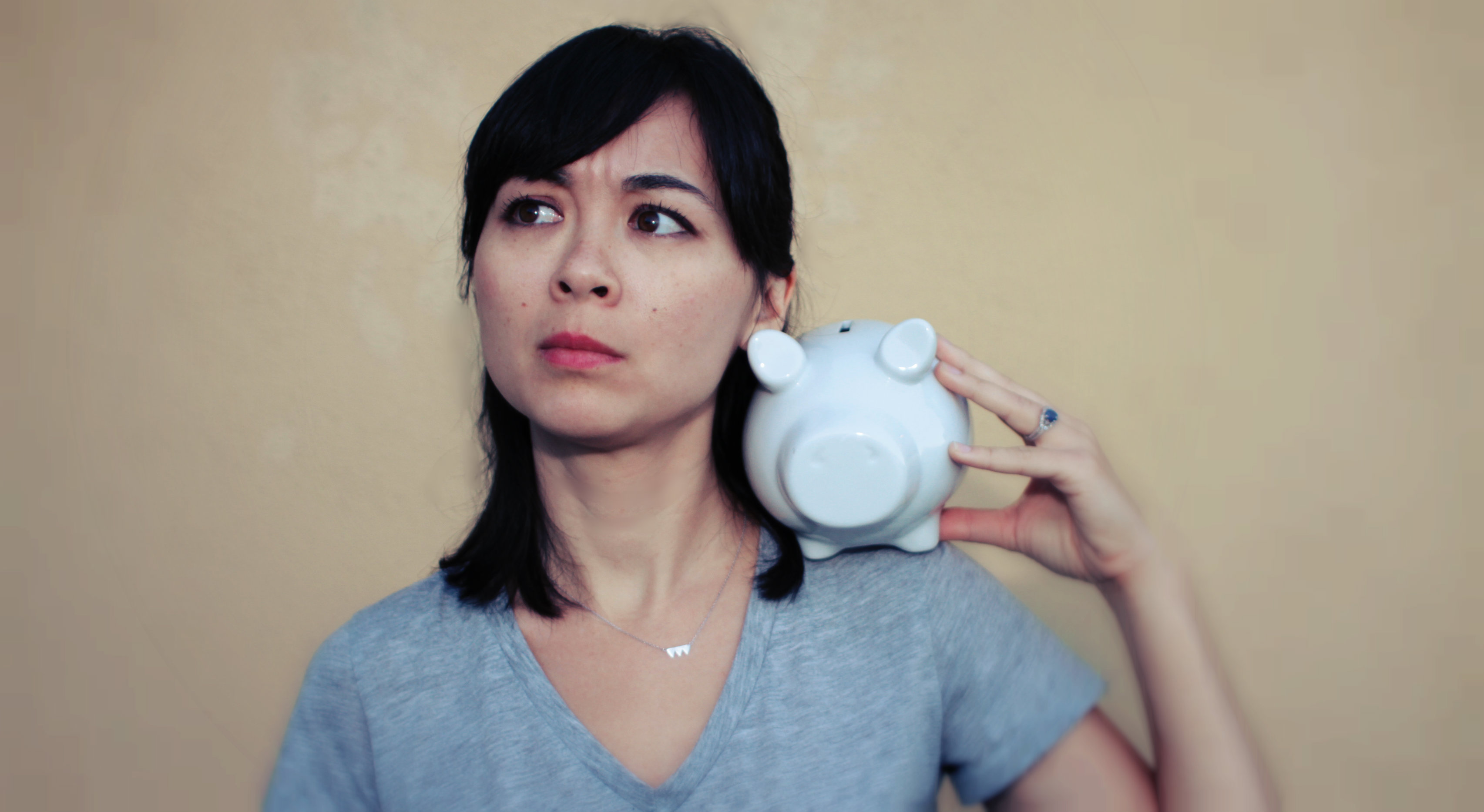What does frugal mean to you? Is it different than other words like cheap or thrifty? Regardless of your feelings on the topic, today we’re divine in on what it means to be frugal, and to spend better. We’re talking with Kristin Wong, an online video host and found of the blog Brokepedia that’s making waves across the personal finance space. (Oddly enough – no video today, but maybe next time!)
You have mentioned that being broke taught you a lot about money. Can you elaborate?
I grew up without a lot of money, but I also had an incredibly thrifty mother who made the most of our situation. She somehow amassed $10,000 on a minimum wage income, and that brought us from poor to lower middle class. I learned a lot about the power of frugality and saving from her, and from the time I was a kid, my financial goal in life was, simply, to not be poor. I worked hard and saved, and that worked well for a while. But as I’ve gotten older, that mindset has actually kind of gotten in the way. A lot of the financial decisions I’ve made in the past few years have been defensive ones, out of that childhood fear of being poor.
For example, I didn’t invest for a long time, because it was too scary. For years, I never asked for a raise, because I didn’t want to risk losing a job. Being poor taught me a lot about the basics, but it wasn’t until I got over my fear of being poor that my finances truly started to grow.
In your philosophy on “being frugal” (here), you talk a lot about balance being key on successfully spending less money. Why is it so hard for us to be balanced in our money habits?
We want it all! We want to go out to eat and take fancy vacations, so we say “to hell with it,” live it up, and blow our budgets. Next month, we realize we’d like to buy a home someday, so we vow to never visit another restaurant, set strict spending goals, and inevitably blow our budgets.
Finding balance takes drafting a budget that’s based on reality. Spend realistically if you want to save, but be realistic about your habits, too. Once you make a budget you can actually stick to, you start to feel in control, and that changes everything.
Diving deeper into that philosophy, part of your tagline is “spend better.” What’s the difference between spending less vs spending better?
When you spend less, you find something on sale. When you spend better, you find something on sale that you actually need, and then you use the savings for something more important, like your retirement or travel goals (or whatever is important to you).
Basically, spending better is about being strategic with your money so you can use it on the things that matter to you most.Yes, that often does involve spending less money. But it’s more about getting the most of your money.
You’re at a dinner party, and the host mentions to the group that you run a blog about money. Another guest (that you don’t know) asks you what’s the best piece of advice you’ve learned since you started blogging. What do you tell them?
One of my favorite tidbits of advice comes from Tiffany Aliche, The Budgetnista. She suggests prioritizing your spending on 1) the things you need; and 2) the things you love. She puts it like this:
“Today I will put my needs and loves before my likes and wants.”
When you’re trying to figure out how to budget your discretionary income, you list a few things you love in life, whether that’s travel or spending time with friends. And those are the areas in which you should focus your spending. For example, I like shopping for clothes, but I love to travel. So I prioritize my discretionary income on travel and try my best to curb my clothes spending, because that’s a “want” that’s taking away from something I love. This is what frugality is all about. By focusing on the spending that makes you happiest, you’re getting the most out of your money
Such great advice, Kristin – thanks for joining us! Folks, to learn more about Kristin, follow her on Youtube or Twitter.

